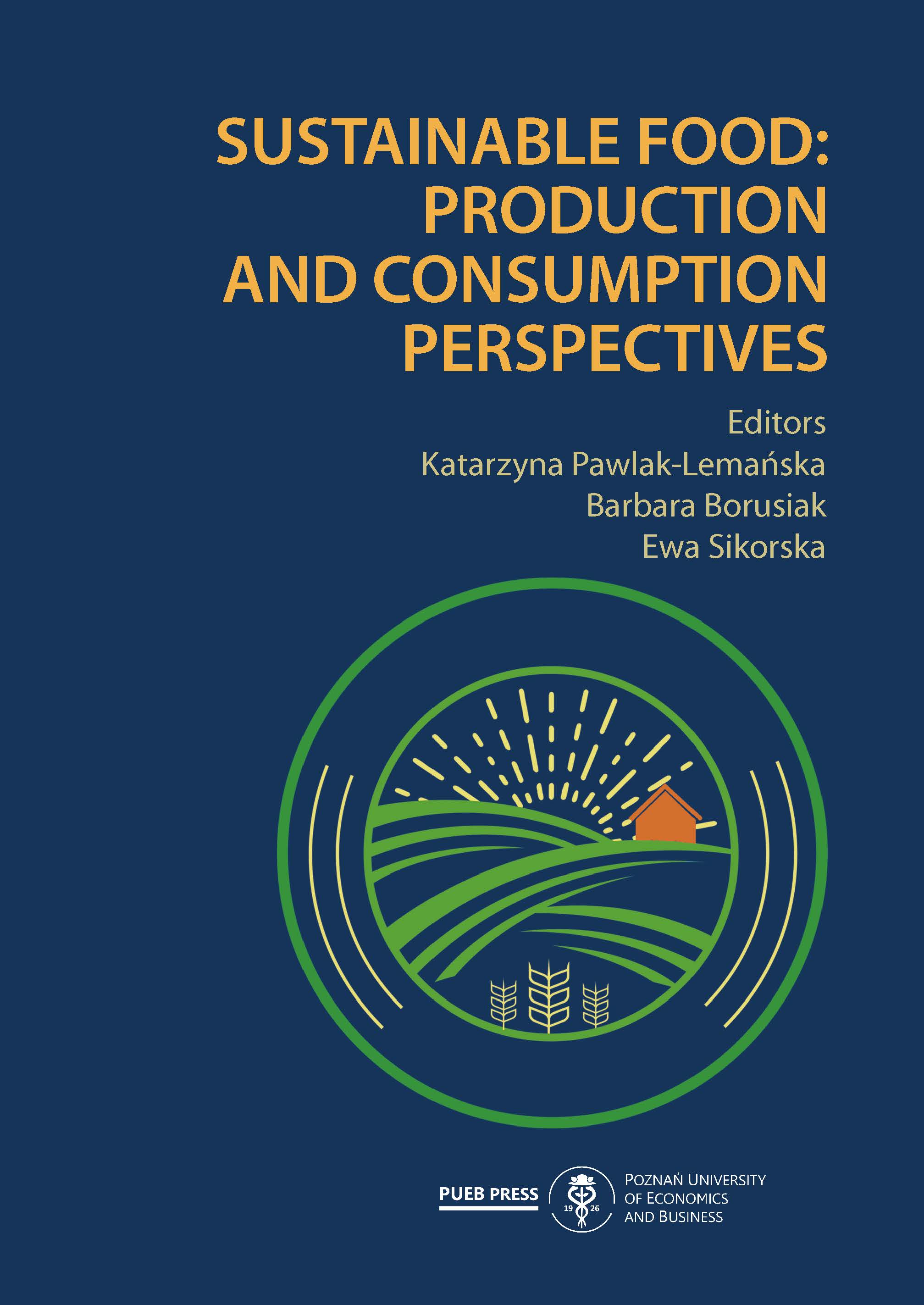Surplus food redistribution systems as a food waste prevention tool
Surplus food redistribution systems as a food waste prevention tool
Author(s): Barbara Borusiak, Blaženka Knežević
Subject(s): Economy, Business Economy / Management, Micro-Economics, Energy and Environmental Studies, Economic policy, Environmental and Energy policy, Economic development, EU-Approach / EU-Accession / EU-Development, Marketing / Advertising, Business Ethics, Socio-Economic Research
Published by: Wydawnictwo Uniwersytetu Ekonomicznego w Poznaniu
Keywords: food redistribution system;food bank;social supermarkets;food sharing initiatives;food sharing platforms;
Summary/Abstract: The main objective of this chapter is to present solutions designed in order to redistribute surplusfood as a food waste prevention tool. Food surpluses are generated both in supply chains andin households. This chapter presents the surplus food redistribution system structure in terms of entities included into it. Three main types of SFRS institutions will be presented: food banks operating both as front-line and warehouse entities, social supermarkets and food sharing systems, which work as initiatives based on some premises (physical places) where food may beleft and taken from, as well as initiatives operating thanks to Internet platforms. Three categories of these platforms are characterised in this chapter: the “sharing for money” model, which is primarily a B2C for-profit model to reduce waste and, at the same time, generate revenue, the “sharing for charity” model in which food is collected and given to non-profit organisations, and the “sharing for the community” model which is a B2C or C2C model where food is shared amongst consumers.
Book: Sustainable food. Production and consumption perspectives
- Page Range: 184-197
- Page Count: 14
- Publication Year: 2024
- Language: English
- Content File-PDF

